

We recently had the chance to connect with Eve Elliot and have shared our conversation below.
Eve, we’re thrilled to have you with us today. Before we jump into your intro and the heart of the interview, let’s start with a bit of an ice breaker: Have any recent moments made you laugh or feel proud?
I had a gig the other night, in a small group with no drums. The singer called a ballad and counted it off real slow. Slow tempos can be a real challenge for musicians. There’s so much space in between every beat – so many things you could play, even more that you shouldn’t.
When we started playing, at first the music felt shapeless. So I decided to take the lead and play authoritatively to establish a groove – and it came off pretty well. Believe it or not, the mere fact that I had both a clear intuition about what the music needed, and the ability to execute it, was a milestone for me.
I started playing jazz 7 years ago, and only now I’m starting to feel some sense of understanding, some confidence in my tastes and choices. I’ve put in a lot of work and hung in there, and in that moment I could feel the payoff. It made me feel proud.
Can you briefly introduce yourself and share what makes you or your brand unique?
For the past 7 years I’ve been a freelance musician. I play piano (sometimes guitar or accordion) solo and in bands, at bars, churches, corporate events, theme parks – you name it.
Around 2019, I was introduced to a musical style called “ragtime”. It’s a jaunty, syncopated way of playing piano that was the most popular music in America from about 1895 to 1920. I was captivated immediately by ragtime, and started learning tunes by Scott Joplin and other composers. By now I’m a regular on the scene; I’ve competed in the World Championship Old Time Piano Playing Contest held in Oxford MS, and I’ve played at Sacramento’s West Coast Ragtime Festival as well as Sedalia MO’s Scott Joplin International Ragtime Festival. I have a residency every Tuesday night at the bar “1642” in Echo Park, playing ragtime with my friend John Reed-Torres.
Earlier this year I started working on a new project that I’m very excited about. For a while I’ve had the idea to create a special stage show in which I tell the story of ragtime and its founders, not just playing their music but playing THEM. I already had a name in mind: given that the music was conceived largely in bars and brothels, I wanted to call the show Syncopated Debauchery.
Before starting work on the show, the first thing I did was book a date at a local theater; I had to give myself a deadline. Then I spent months reading biographies of ragtime’s founding fathers. I started preparing to impersonate my musical heroes on stage: I listened to hours of recorded interviews with Jelly Roll Morton (an early jazz pioneer), trying to mimic his lazy southern drawl. I practiced barking expository remarks while playing piano, in the Mid-Atlantic clip of Willie “The Lion” Smith (an important stride piano player). Finally I banged out a script, and started assembling costumes and props.
The night before Syncopated Debauchery premiered at The Yard Theater, I was up until 4am sewing tear-away pants (the show has a lot of costume changes). The afternoon of, I was still memorizing my lines. Arriving at the theater, I realized I’d forgotten some important costume pieces; my boyfriend rushed to my house to retrieve them but got a flat tire on the way! Despite it all, the night was electric, hilarious, and so much fun.
Syncopated Debauchery played throughout the month of June as part of Hollywood Fringe Festival, and was nominated for the Namba Arts Center “Splash” Award. I performed the show at Namba Arts in October and had a blast.
The show has been received very well by friends in the early jazz community; but I believe it can appeal to anyone. Though music is its setting, it’s really a story about people – their colorful personalities, their struggles and their triumphs.
Watch out, because I plan to take Syncopated Debauchery all over the country! (I even want to translate it into Japanese and bring it to Japan – there are ragtime fans there too!) For now I’m continuing to workshop and refine the show, as well as connect with new venues to perform it at.
Appreciate your sharing that. Let’s talk about your life, growing up and some of topics and learnings around that. Who taught you the most about work?
My older brother decided early on, with his typical obstinance, that he was going to become a classical musician. I watched him go through undergrad, then conservatory, then the brutal process of auditioning for jobs – practicing for hours every day, passing up invitations to go party with friends. His pursuit of mastery of the trombone was unrelenting, and it’s not like there was any family pressure for him to do this; it all came from inside him. Now he plays with the Utah Symphony.
I remember very clearly one time, when he was deep in the trenches at the conservatory, he said to me, “I hate playing the trombone.” It struck me as very sad at the time. But now that I’ve had the experience of turning a hobby into a career, I get it. I’ve been at that point myself, and it doesn’t mean you’ve made the wrong choice or you’re not cut out for this. There are stages of passion. There are moments of inspiration, and periods of fatigue; there’s love for your craft, and resentment of what you have to sacrifice for it. Anything valuable is also a burden, but it’s a privilege to carry that burden. My brother showed me that.
When you were sad or scared as a child, what helped?
When I was a kid I would get scared at night thinking about the infinity of time. If time went on forever, that seemed terrifying; but if time ended at some point, that was also terrifying. My mom would comfort me and say not to worry because God has a plan. But for whatever reason, I’ve just never believed in God the way she does. So I continued to be scared.
In my 20s, still plagued by the spectre of infinity, my solution whenever the thought came up was to just push it away. But at one point I got so consumed by it – I was despondent and skittish for days or maybe even weeks – I decided to face it. I challenged myself to produce a logical reason why time continuing eternally should be a negative thing, and I couldn’t. This gave me a lot of relief.
But even now, in my 30s, I’ll have that same old middle-of-the-night crisis. I realize that it’s simply existential dread, fear of mortality. I can’t reason my way out of it, because it’s baked in. But as I get older, I feel that I have more and more agency when it comes to what thoughts I think. I don’t actually need to prove to myself that the thing isn’t scary; I can just say “I don’t want to be bothered by this” and choose to think about pleasant things instead.
Next, maybe we can discuss some of your foundational philosophies and views? What’s a cultural value you protect at all costs?
I am very thoroughly American; parts of my family have been here since at least the 1600s. The more I’ve gone abroad and explored other cultures, the more I understand what makes me American, and the more connected I feel to that identity. There’s so much I love about this country and its culture – obviously our musical heritage, to start. So many amazing genres have been born here: ragtime, blues, jazz, bluegrass, country, funk, soul, hip-hop.
But I also love our friendliness, our openness, our wildness; our individualism and innovation. Of course our country has a lot of darkness and ugliness, we all know that. But I think it’s easy to focus on what’s wrong and overlook what makes us unique and special, and what unites us as a people. I see my show Syncopated Debauchery as a celebration of those things – of our American cultural spirit.
Thank you so much for all of your openness so far. Maybe we can close with a future oriented question. What is the story you hope people tell about you when you’re gone?
If there’s one thing I know, it’s that you don’t have any control over what other people perceive. You might be having a conversation with someone, and you’re perceiving it a certain way, meanwhile the person you’re talking to is having a completely different experience. They might walk away with an impression of your conversation that is unrecognizable to you. In fact sometimes it can be quite fun to hear another person’s account of a shared experience that’s very different from yours.
So I don’t have some specific story I want folks to tell about me when I’m gone – they will say whatever they say. There’s a Maya Angelou quote I’ve always liked, it goes something like “people won’t remember what you said, they’ll remember how you made them feel”. When I’m with my friends and loved ones, I feel alive and gay, seen and appreciated, full of love and laughing constantly about the stupidest things; I hope I make them feel the same.
Contact Info:
- Website: https://eveplayspiano.com
- Instagram: https://instagram.com/eveplayspiano
- Facebook: https://www.facebook.com/profile.php?id=61576339049674
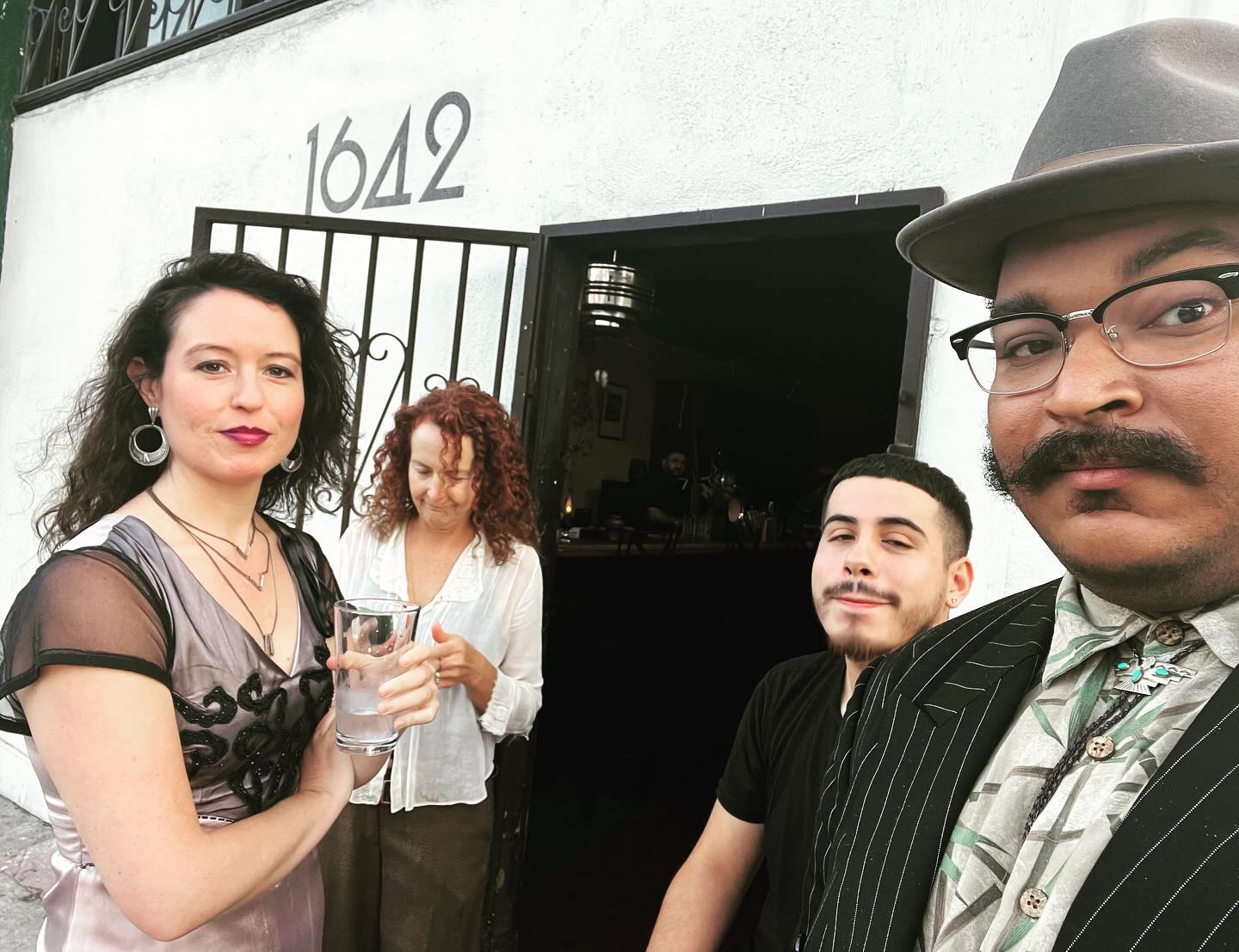
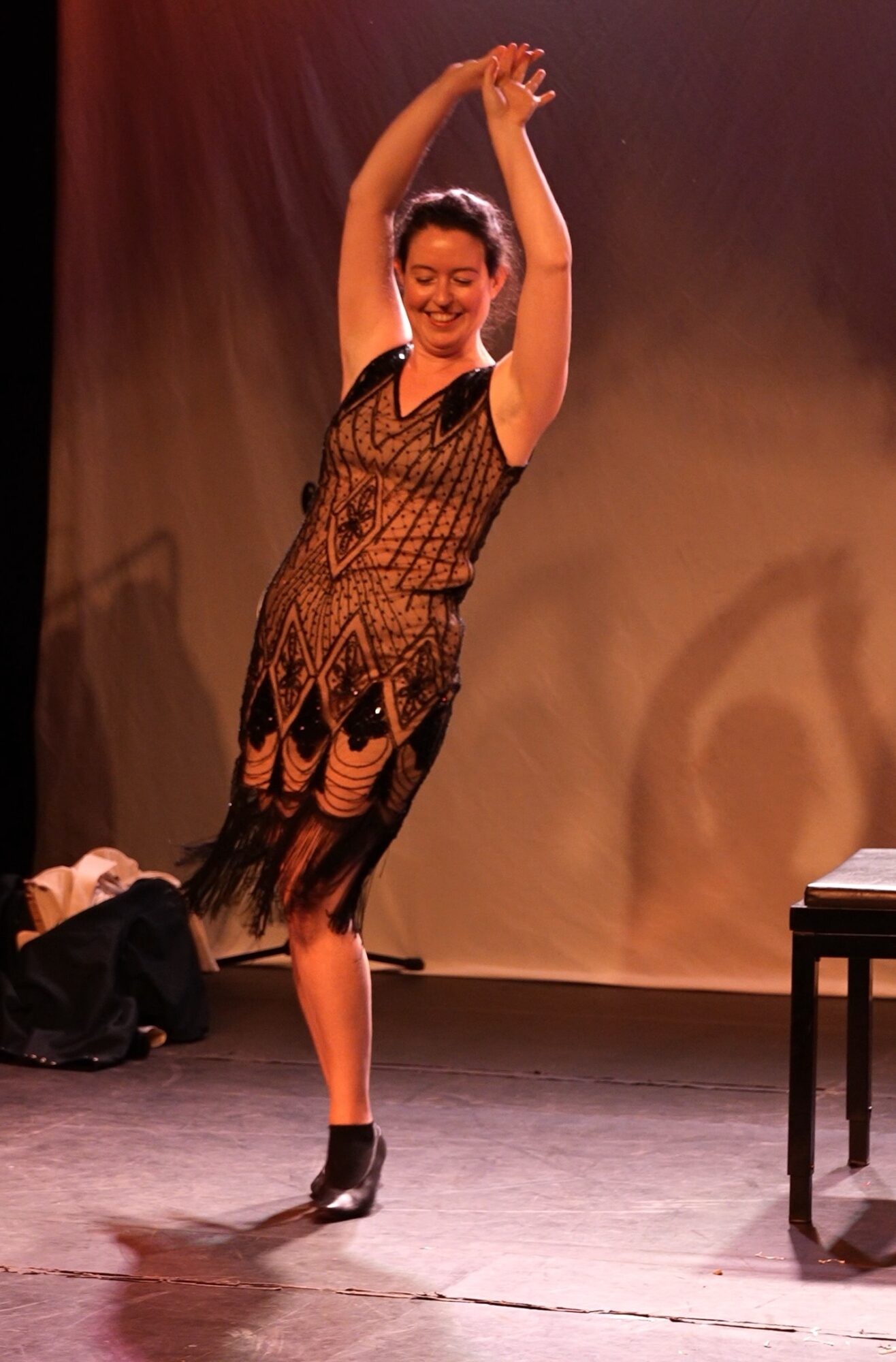
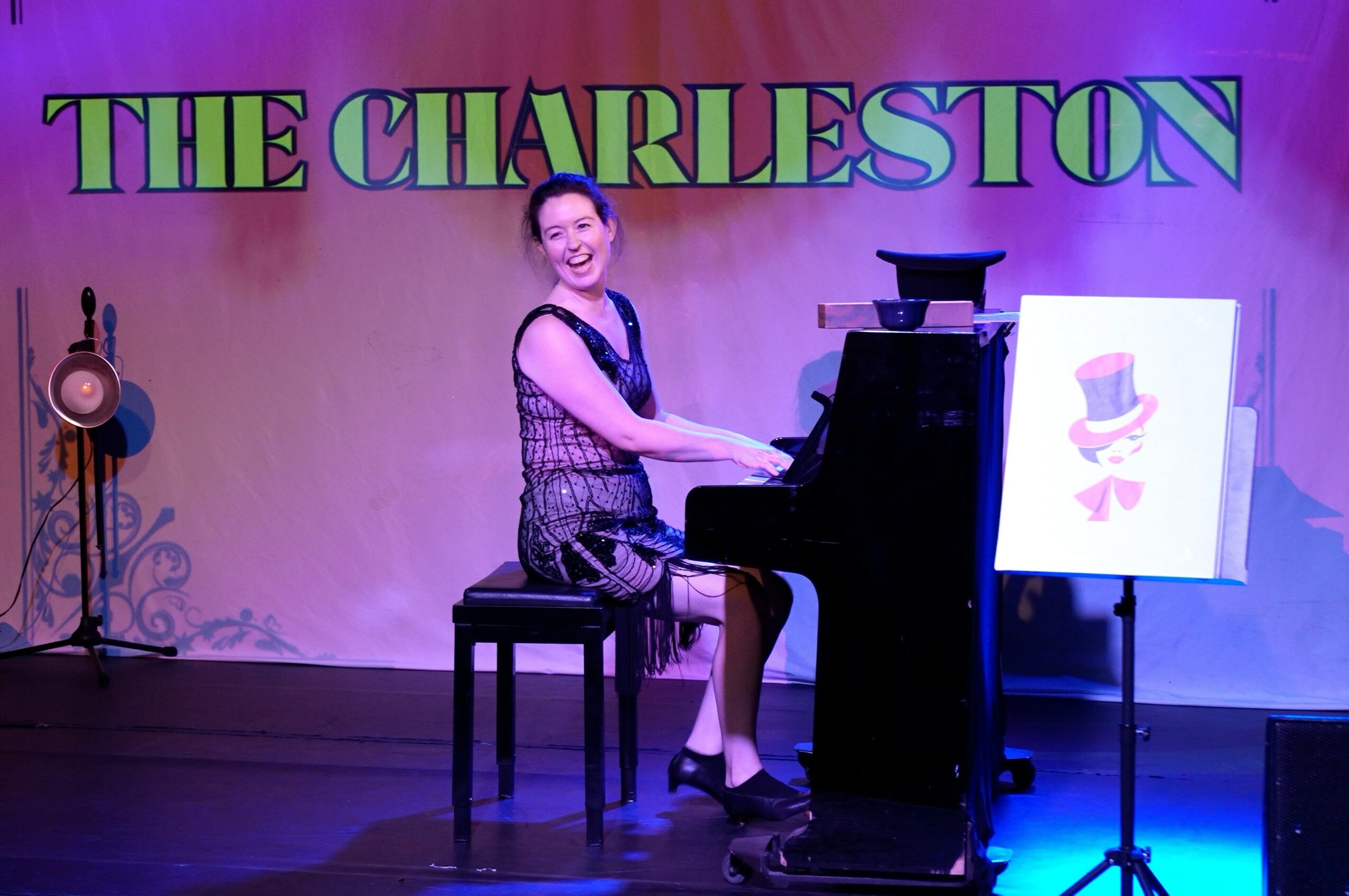
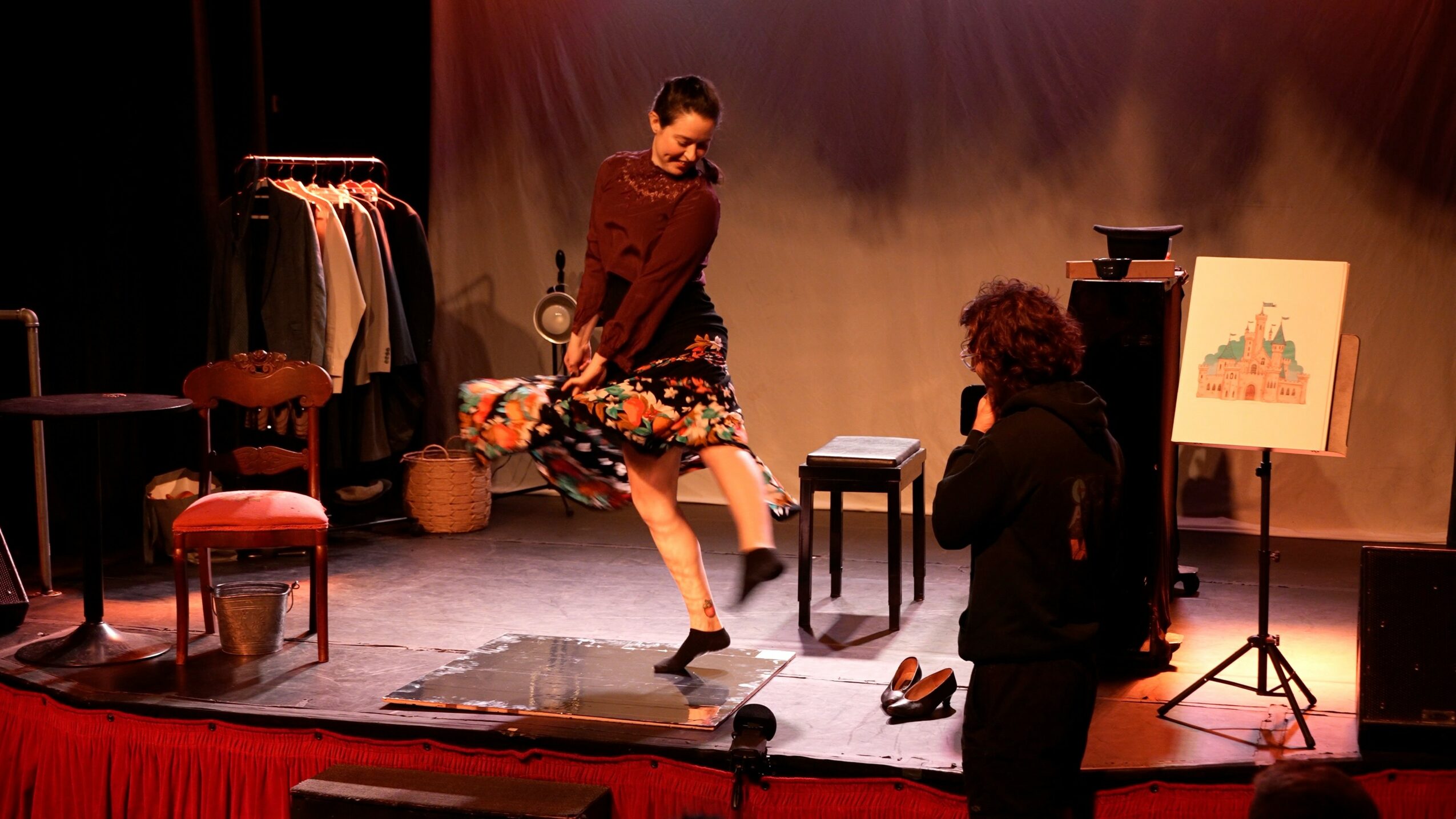
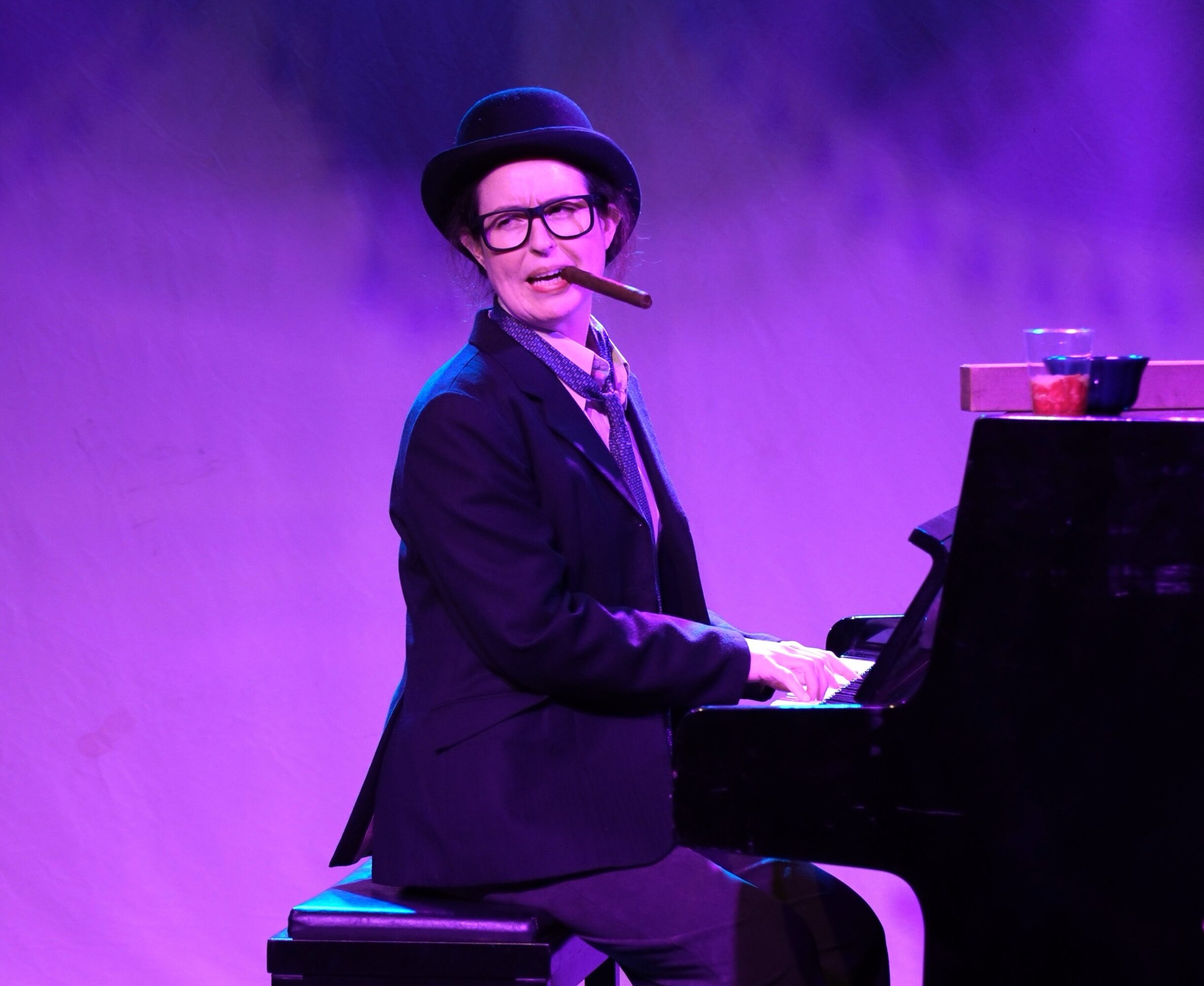
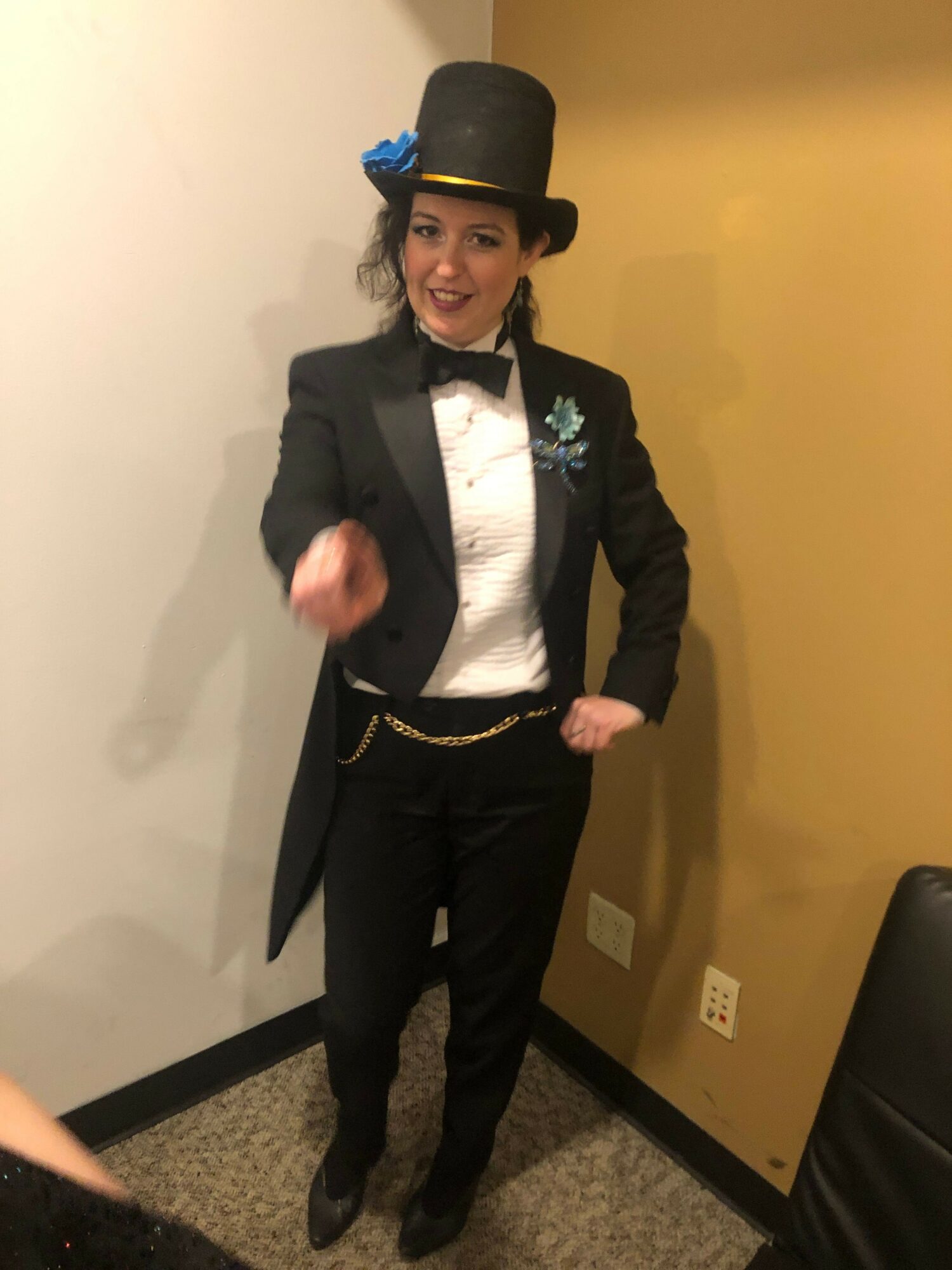
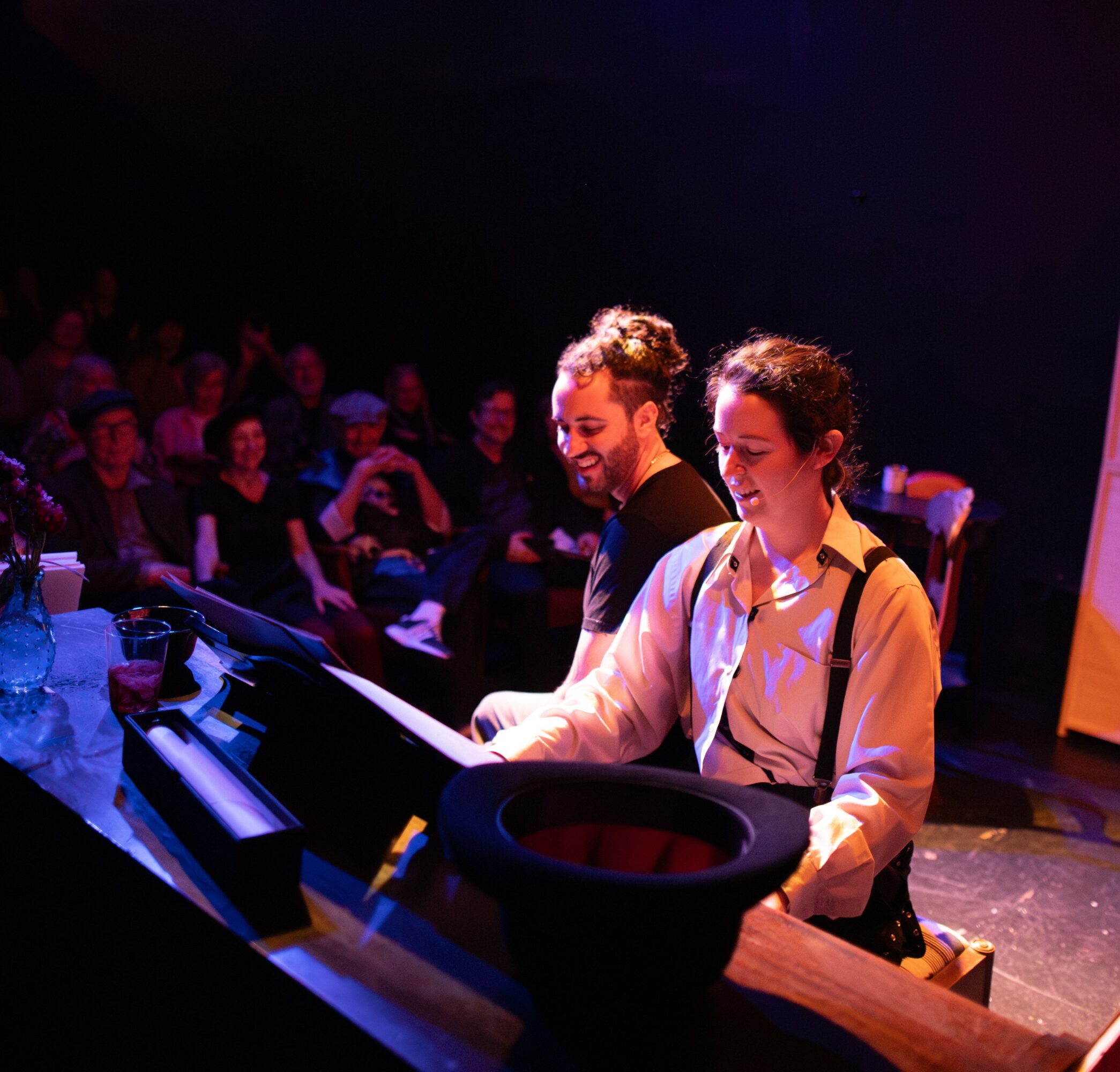
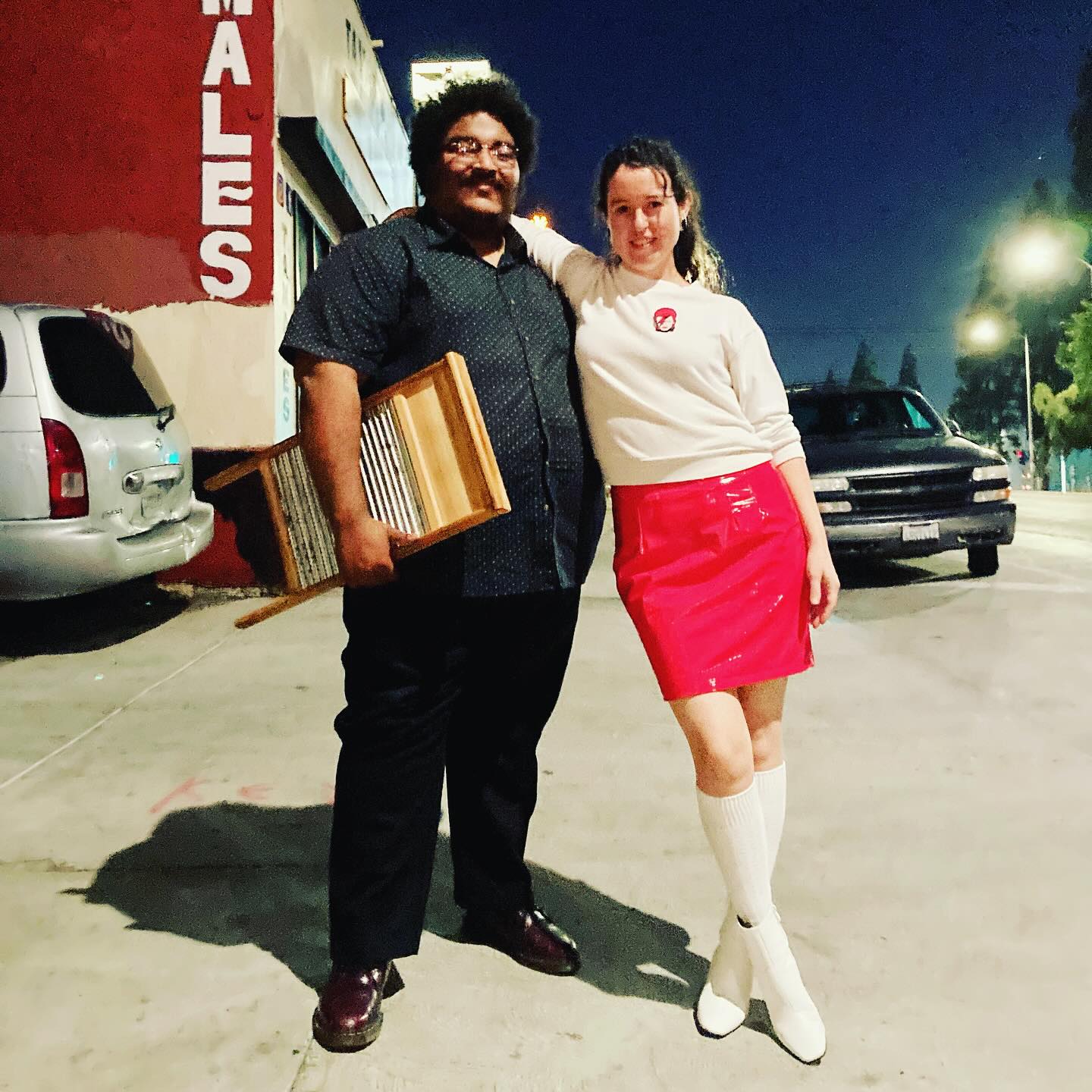
Image Credits
Nani Gross
Kenny Johnston
Kathryn Nockels
Elizabeth Fischbach














